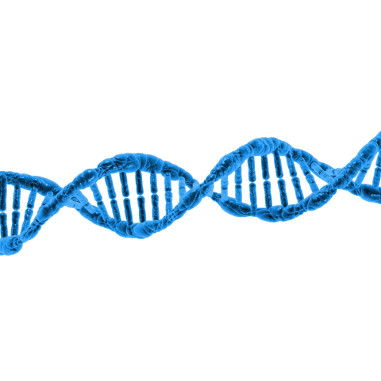T7-driven tetracistronic Ebola virus trVLP system expressing no glycoprotein and with a Renilla-luciferase reporter (pT7-4cis-EBOV-vRNA-dGP-hrLuc), recombinant non-infectious system Ebola virus Mayinga (8 plasmids)

- Tagged as
- - Derived product
- - Nucleic Acid
- - Cloned nucleic acid
Produced by
: FLI Shipping From
: Greifswald - DE
Product Description
Ref-SKU:
022N-03919 Reverse genetics-based life cycle modelling system that can serve as negative control and is best used together with other trVLP systems that allows modelling of Ebola virus genome replication and transcription, viral protein synthesis, virus assembly, budding, and entry into target cells under BSL1 conditions. Consists of 1) a plasmid encoding a T7-driven tetracistronic minigenome encoding a Renilla luciferase reporter and the Ebola virus proteins VP40 and VP24; 2) expression plasmids for the Ebola virus protein NP, VP35, VP30, and L; and 3) expression plasmids for the accessory proteins T7 polymerase (for initial transcription of the minigenome), Tim1 (attachment factor) and firefly luciferase (as control). Allows insertion of other glycoprotein ORFs through two BsmBI sites. Access is restricted to non-commercial research institutions only. Further descriptions of the different trVLP systems can be found at https://www.fli.de/en/institutes/institute-of-molecular-virology-and-cell-biology-imvz/laboratories/laboratory-for-molecular-biology-of-filoviruses/
Product Risk Group:
Information on the related virus
ICTV Taxonomy:
Virus name:
Cloned Product: Yes
Can it be used to produce GMO:
Yes
Biosafety restrictions:
The risk group classification of this life cycle modelling system can differ from country to country!
Region encompassed in this Product:
Ebola virus NP, VP35, VP30, L, VP40, VP24 open reading frames, Ebola virus terminal leader and trailer regions, selected Ebola virus untranslated/non-coding regions (NP/VP35, VP40/GP, VP30/VP24), Renilla and firefly luciferase open reading frames, T7 RNA polymerase open reading frame (codon optimized), and Tim1 open reading frame (codon optimized)
Plasmid:
Plasmid selection:
TAG:
Sequencing:
Partly sequenced
Sequence checked:
Yes
Mutations:
No mutation compared to the reference sequence
Identification technique:
sequencing
Storage conditions:
Nuclease-Free Water -20C
Shipping conditions:
IATA Classification:
Virus host type:
Previous Name or Taxonomy:
Information about the origin of the product
Biological material origin:
Synthetic origin
Modifications from the reference sequence(s):
The sequence(s) of this synthetic product has NOT been modified from the sequence listing provided as Genbank references